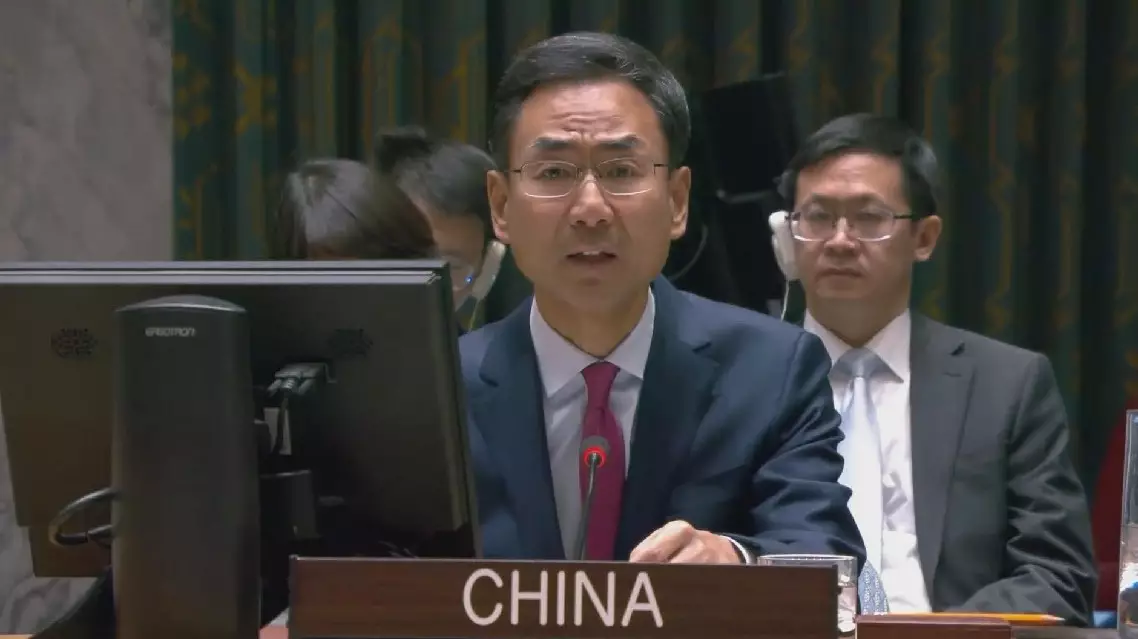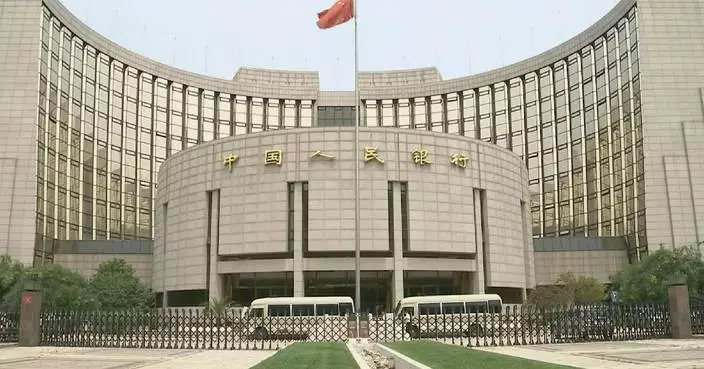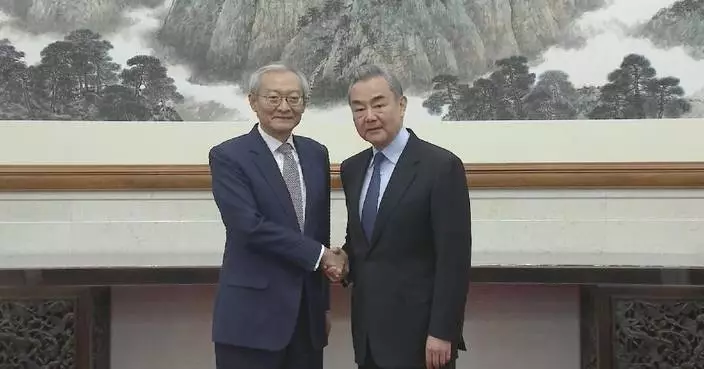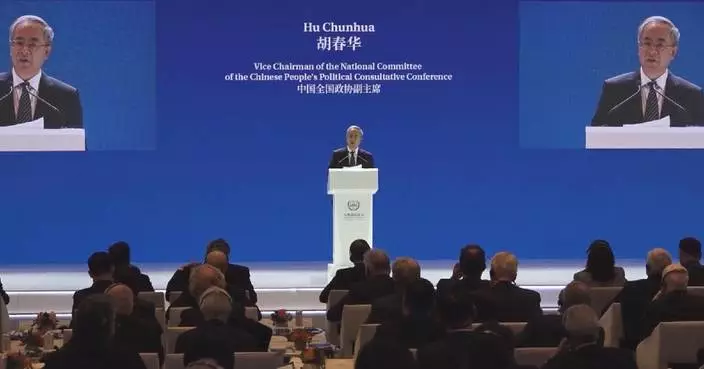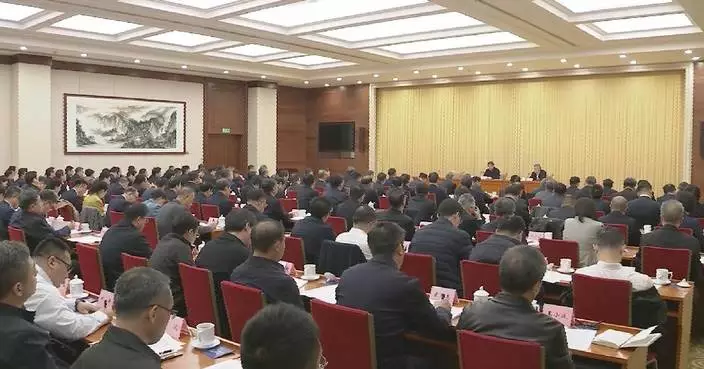The first coastal cruise tour for inbound travelers in China, the China Discovery Voyage, is attracting international tourists to embark on a unique and wonderful China travel experience along the country's coast.
Operated by Viking Cruises, a leading Norwegian cruise line, the luxury cruise liner Viking Yidun will run eight China Discovery voyages from September to November, accommodating 930 guests.
In Shanghai, one of the ship's home ports, cruise passenger Jerry expressed his surprise as he learned of the enormous changes the city has undergone over the past decades.
"If I start with Shanghai 50 years ago, when it was a little town compared to what it is today and Pudong (District) was a mud flat, it's much more interesting for me to look and see what I see happening," he said.
The Viking Yidun will take travelers to coastal cities including Zhoushan and Wenzhou, where they can explore local markets and beaches, as well as Xiamen City to discover the intangible cultural heritage of Chinese stone carving.
"We're going down south to very small Chinese cities and along the East China Sea. So, I'm really curious to see how that is because I've been to Hong Kong, Shanghai, and Beijing before. It's really neat to come back 20 years later and see all the differences. But I never [went] to the small towns before, so that should be really interesting," said Susan, another cruise passenger.
"We're very impressed with all of the greenery, all of the trees and the flowers, and how well trimmed and arranged everything seems to be. I just wish we could get out in it," she said.
At the Shanghai North Bund International Passenger Center Cruise Terminal, booths showcasing Chinese paper-cutting art, wood carving, and other forms of intangible cultural heritage attracted the attention of the passengers, highlighting the charm of ancient Chinese craftsmanship.
The National Immigration Administration reported that from January to July this year, 17.25 million foreigners visited China, marking a remarkable 129.9 percent increase compared to last year. Estimates indicate these tourists are expected to contribute over 100 billion yuan (about 14 billion U.S. dollars) to the economy.
According to the China Tourism Academy, in addition to their long-haul travel expenses, these inbound visitors are major spenders—shopping accounts for about 25 percent of their budgets, followed by hotels, restaurants, bars, transportation, and entertainment.
In the coming year, Viking Cruises plans to expand its coastal routes for tourists inbound for China, covering more destinations and developing additional onshore cultural tourism projects.
"Because now we're in China and we have Chinese food, we have Chinese staff. And it's a totally different experience. And I guess for China now, it's more interesting who's inbound and we're doing hard work on that," said Torstein Hagen, CEO of Viking Cruises.
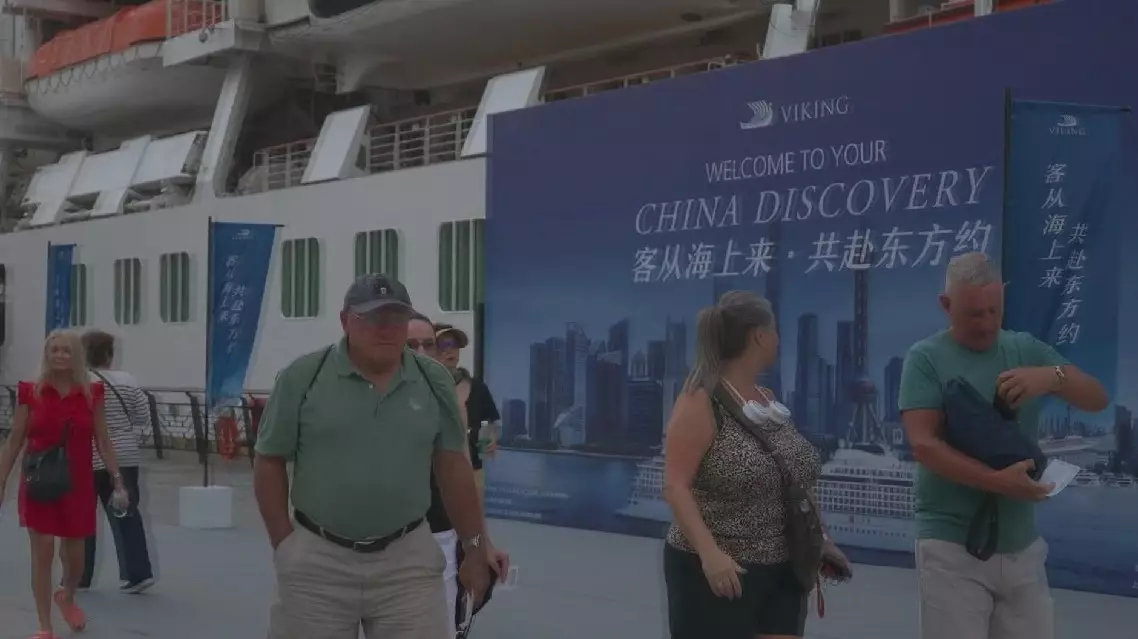
Int'l tourists set sail on China Discovery Voyage cruise


